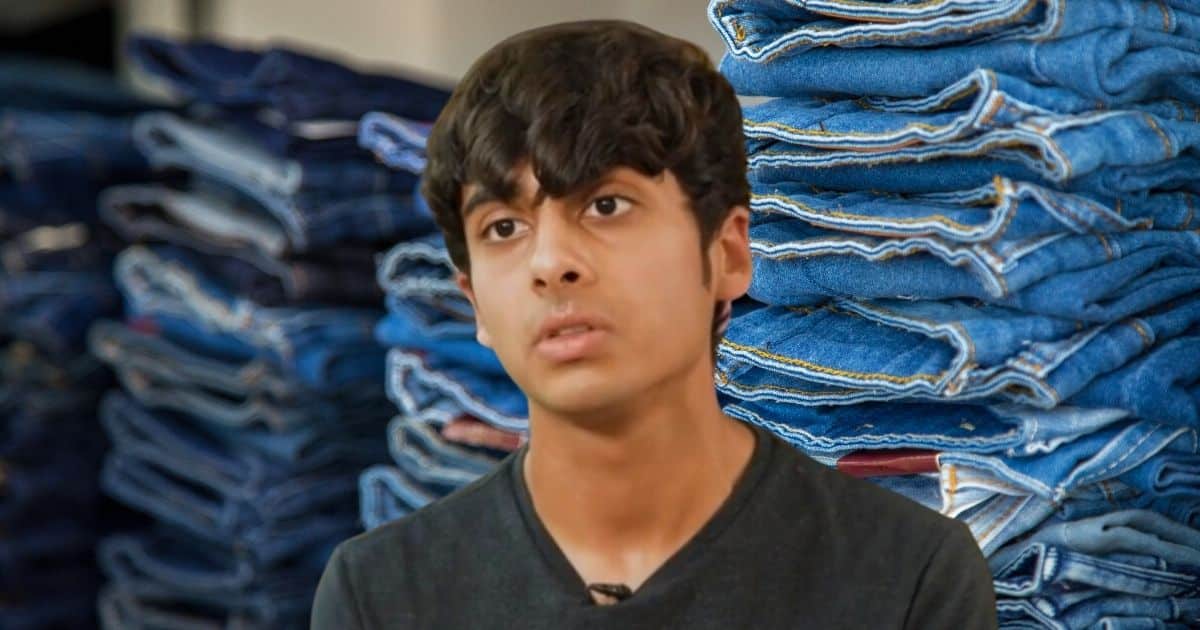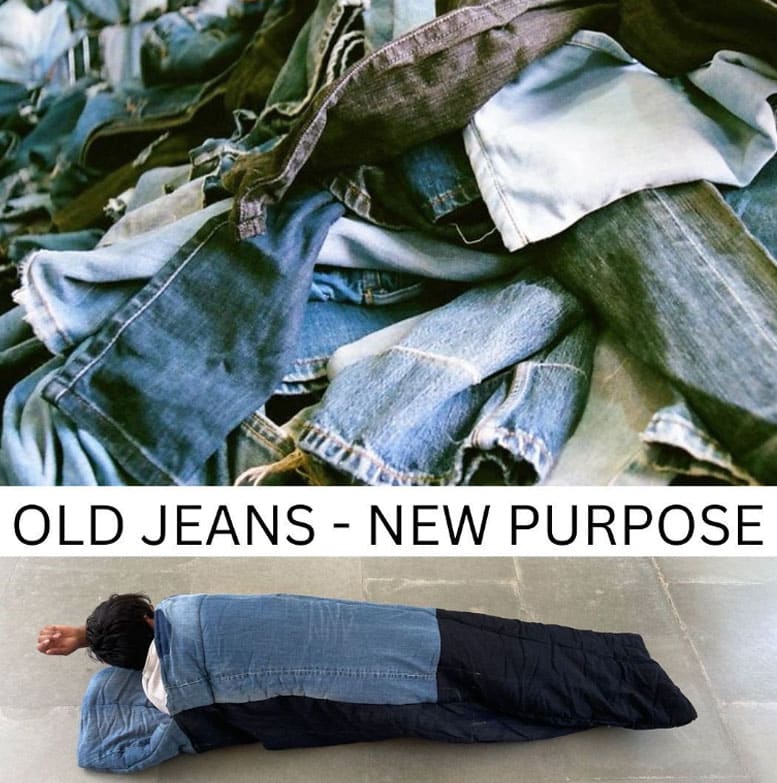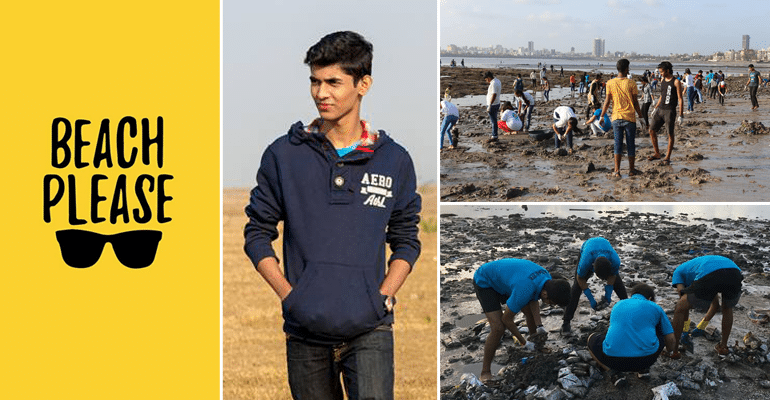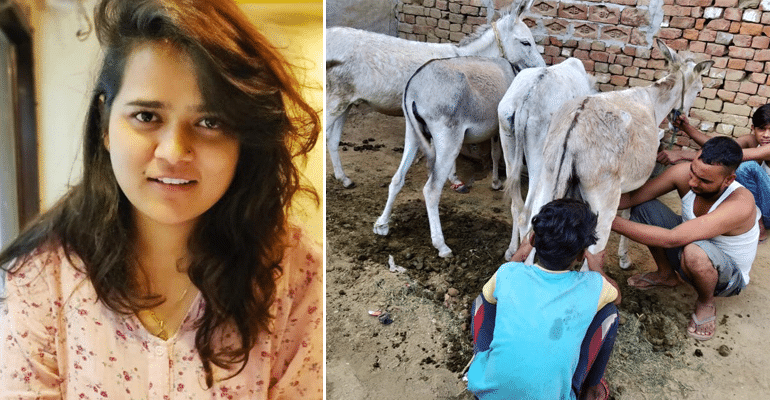Denim, casually called jeans, is a staple in everyone’s wardrobe. But the environmental impact of this piece of clothing is little known, though magnanimous. The denim industry is one of the most damaging sectors that contribute to pollution of all forms.
Read these shocking statistics: A pair of jeans requires over 3,000 liters of water for production. Each pair carries a heavy carbon footprint – over 16.2kg of carbon dioxide is estimated to be emitted during manufacturing – and an even greater amount of emissions are produced during decomposition. According to Oxfam, emissions produced by manufacturing jeans are comparable to flying a plane around the globe 2,372 times or a petrol car traveling more than 21 billion miles.
In today’s times that are characterized by fast fashion, either these figures still need to be discovered or ignored by the larger populace. However, Nirvaan Somany, a class 12 student at The Shri Ram School, Moulsari, has devised Project Jeans, a social entrepreneurial attempt to address the environmental impact of denim.

Under Project Jeans, Nirvaan converts discarded jeans into sleeping bags for the underprivileged.
“It was in 2019 that I came up with this idea of Project Jeans. But then COVID happened, and it was difficult to implement the project, so I worked on a prototype and finally launched it last year,” shares the New Delhi resident with Life Beyond Numbers.
For a noble cause
Project Jeans aims to help society while simultaneously helping the environment.
“Upon knowing about the environmental impact of denim in 2019, I realized that this is something I wanted to help with,” shares Nirvaan.
Nirvaan’s mother, a fashion designer, helped him implement the project. The project is crowd-funded and has received support from various educational institutions, corporates, and non-governmental organizations.
The jeans for the project are procured from various sources like schools, hospitals, housing societies, etc. Once collected, the jeans are cut into strips and stitched with lining inside to ensure the final product stays warm during winter.
Nirvaan has hired a few women workers from Rajokri, a settlement in Delhi, who stitch these sleeping bags.

“They were unemployed before, and we trained them in making these sleeping bags. We wanted to empower them. Project Jeans is their source of income and livelihood,” shares Nirvaan, who has been running the business on a ‘no profit, no loss’ basis for the last one year.
A single sleeping bag costs Rs. 800, including the amount paid for wages and raw materials.
Once complete, Nirvaan and his team distribute them across New Delhi to whoever is in need. They also sell these bags directly to someone who wants to donate them later.
“If you want to donate it yourself, you can buy it from us. But the more popular option is you can just sponsor some sleeping bags, and on behalf of the person who wants to donate, we will donate that many sleeping bags to people,” shares Nirvaan.
Nirvaan addressing the key issues
Every year, several people lose their lives owing to extreme weather. According to the Annual Statement on Climate of India – 2022 issued by the India Meteorological Department (IMD), the highest number of human casualties in India due to extreme weather events in three years was 2,227 and was reported in 2022. The numbers make it essential that there is intervention from the authorities’ side to help vulnerable groups nationwide.
Project Jeans, to date, has collected over 8,000 jeans and used them to create over 1,250 sleeping bags.
Nirvaan also donated some sleeping bags for those impacted by the earthquake in parts of Turkey and Syria in February this year. In the coming years, Nirvaan plans to take the project to a global level to address the issues of homelessness and refugee crisis.
He also looks forward to expanding the project further within India. His intent with the project is firm.
“Everyone must work towards helping the environment. I never imagined this project would expand this way. Every small initiative can go a long way. People must think twice about buying new clothes and definitely reuse the old ones,” Nirvaan concludes.



